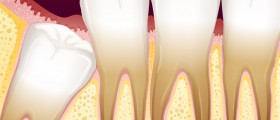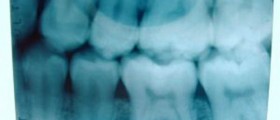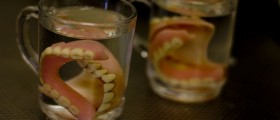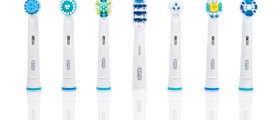
The wisdom teeth – a gift or a curse
Four hindmost molars are perhaps better known as the wisdom teeth. Of all of teeth, they are the last to erupt. Although the age at which they grow is individual and varies from person to person, they most typically grow during adolescence, say early twenties. This stage in life some people call the age of wisdom and that is why these teeth are called wisdom teeth.
Evolutionally speaking, wisdom teeth did once serve an invaluable purpose, however now they can be considered rudimentary today. Not only have they stopped being as useful, but nowadays they frequently cause trouble to people. For example, often they try to grow into too small a mandible to accommodate them and the rest of the teeth. Why are they now so obsolete? Our diet is different than it used to be. The food our ancestors from long time ago had to chew was much more rough and abrasive than ours is. Now, there is no such opportunity for our teeth to be worn down from use, and we get too many teeth in the same jawbone.
The soft and processed food we consume in this modern age creates no need for the abrasion of teeth. The mandible does not need to adapt to rough food. Also, contemporary dentistry sees to it that we lose as few permanent teeth as possible. Of course, the wisdom teeth continue to grow like they always have, but since they are redundant now our mouths are cramped with teeth. Dental practitioners refer to this condition as impacted teeth.
Problems wisdom teeth create
The wisdom teeth, or third molars, frequently create problems because they hinder proper cleaning of the teeth and help pile up harmful food remnants and bacteria. Decay of teeth, different gum ailments and infectious issues can appear as a result. At times even the molars that are next to or near wisdom teeth get ruined because of the fact that you are not able to perform oral hygiene properly. Sometimes even cysts form in the neighbourhood of third molars.
Removing wisdom teeth
Dentists usually suggest performing this surgery in the young adolescent age, prior to the stage at which the roots of wisdom teeth are fully developed. Young people typically tolerate surgeries better, and the patients will be less disrupted from their everyday routine.
The patient is back to work or school in a few days in most cases. The stitches disintegrate in roughly a week following the surgery.

















Your thoughts on this
Loading...